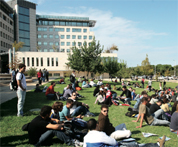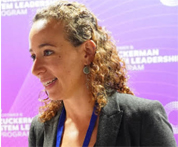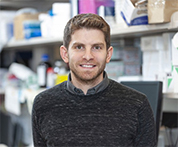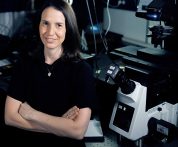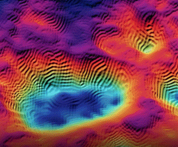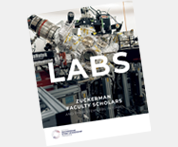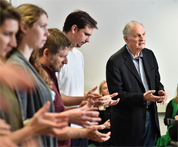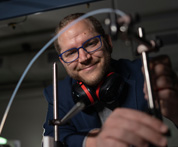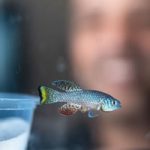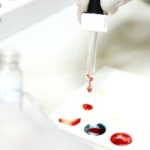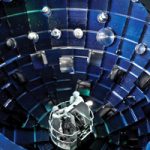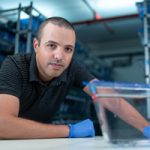All non-Google chat GPTs affected by side channel that leaks responses sent to users.
There is a distinct set of feather rules behind flight power.
A new study undertaken at the University of Haifa has, for the first time, found a connection between PD and the ECM in the brain.
מענק הנציבות האירופאית למחקר
“Diagnosing Parkinson’s Before It Starts to Take Its Toll”
Patients who get hormones could in future be treated more successfully
New tech enables scientists to see living cells’ organelles in motion at super-high resolution
In Israel’s Negev, a ray of hope shines for combating global climate instability.
New Israeli blood test can diagnose bipolar disorder – study.
נקייה וכמעט לא מוגבלת: התקדמות נוספת בתהליך של הפקת האנרגיה המתקדמת
Haifa researchers: Autism linked to neuron development in embryos
Israeli scientists believe experiments reversing aging in fish could benefit humans.
בין יוון העתיקה לאנטרקטיקה: חמישה חוקרים ישראלים שרוצים לשפר את העולם




